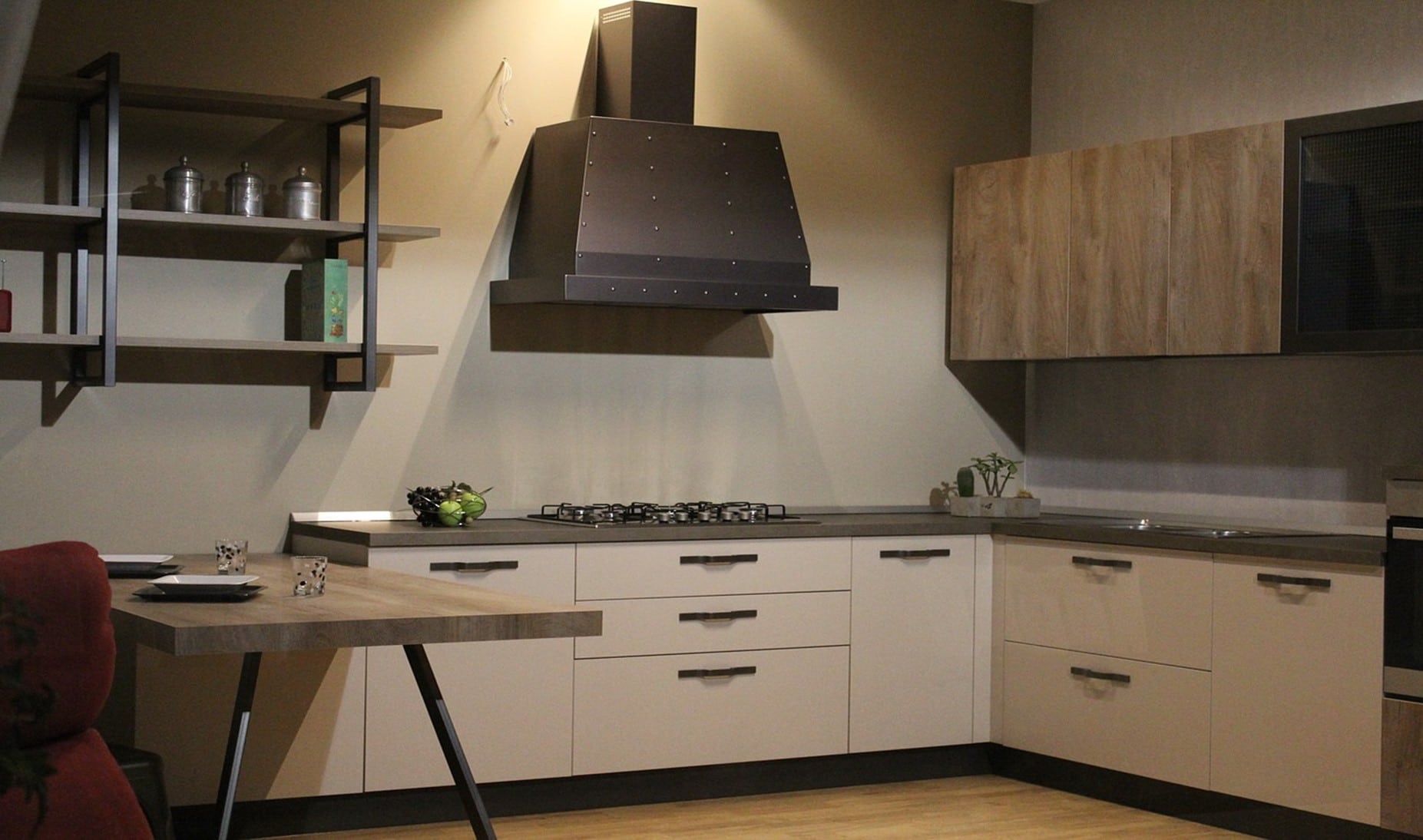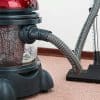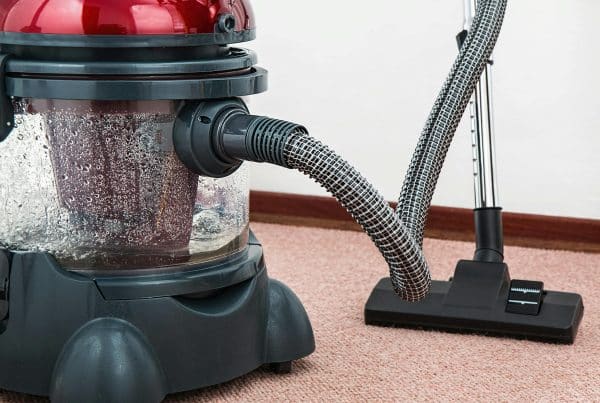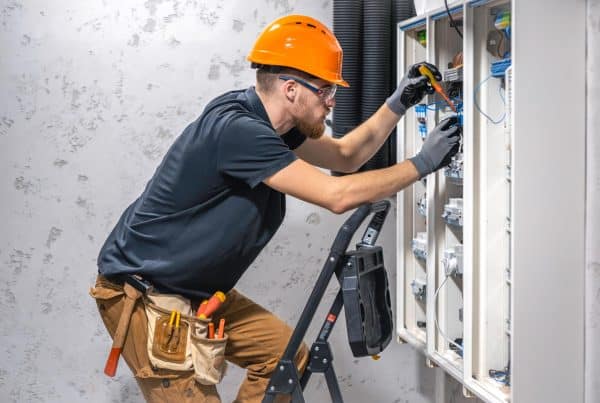Architects have been incorporating a chimney into their plans for ages. Deservingly so, as chimneys played a crucial part in maintaining a breathable space in old kitchens. Especially when the kitchen is used for heavy cooking at length, chimneys prove to be extremely useful.
Kitchens in the olden times generated a lot more smoke than the present day. Does that mean that chimneys are now not as helpful in the kitchen as back then? Is chimney necessary in kitchens even today?
While it is true that kitchens are not as smoky now, they still produce oil and smoke particles that leave a mark. This makes chimneys an essential component of modern kitchens as well. Here is exactly how a chimney is necessary for kitchens-
No products found.
Maintaining Freshness in The House
Earlier, kitchens were mostly separated from the rest of the rooms in the house. This prevented the other rooms from smoking up due to heavy cooking. Nowadays, however, open kitchen designs are trending.
This makes it highly likely that the greasy, smoky particles generated in the kitchen spread throughout the house. Thus, it affects the overall freshness of the entire space. If a high-powered chimney is installed in such kitchens, the said particles get effectively sucked in without compromising on the freshness in the air.
Safeguarding The Brightness of Kitchen Walls
Cooking procedures often emit fumes or puffs of smoke along with greasy specks. When such particles settle on the walls, they deteriorate their appearance considerably over time. The color begins to look dull. The drabness eventually spreads to the overall aesthetic appeal of the kitchen.
Chimneys can prevent your kitchen from losing the vibrance and brightness of its walls. The oily specks notoriously turn the wall yellowish in colour. Chimneys suck these specks right up and safeguard the brightness of your kitchen walls. Oily, dull spots are prevented, and the kitchen looks a lot neater and fresher.
Less Sneezing, More Cooking
Cooking involves a wide variety of ingredients. Each has a unique fragrance, and each reacts to a particular cooking process differently. Some sputter in oil mildly, while some emit smoke while causing the cook to sneeze violently. The latter especially occurs in the case of chilies and spices. A chimney turns out to be of great value in such situations.
It takes in the troublesome smoke and prevents the cook from experiencing too much discomfort. It is much easier to breathe in a heated kitchen when there is a chimney installed. A chimney also prevents all the overwhelming kitchen smells from spreading to the rest of the house.
An Improved Cooking Experience
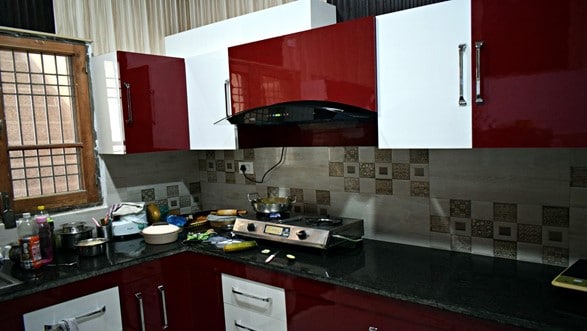
As cooking often involves fire, the kitchen heats up dramatically during the cooking period. Constant exposure to such heat affects the mood of the cook while also rendering them uneasy or uncomfortable. A chimney helps in keeping the level of heat in the kitchen to a minimum. It draws in the excess heat and creates a pleasant atmosphere for the cook. Thus, engaging in the process of cooking becomes much more enjoyable.
As you can see, a chimney is a necessary component of a kitchen. It upgrades the space to become comfortable to work in. The best part about modern chimneys is that they are available in multiple types. As per the design of your kitchen and the placement of your cooking counter, you can pick the appropriate chimney.
Types Of Electric Chimneys You Should Know About:
- Corner Chimney – This one can be mounted at the corner of your kitchen. If your cooktops are in the corner, a corner chimney is your best option.
- Wall-Mounted Chimney – If your cooking platform is by the wall, this chimney is a good option. As the name suggests, it can be mounted against the wall. A wall-mounted chimney not only functions well but also adds to the aesthetics of the kitchen.
- Built-In Chimney – If you have a small space and are looking for a more compact alternative, a built-in chimney is just for you. This chimney can be built into your furniture to give the kitchen space a neat, simplistic look. Despite its compact look, it effectively sucks in the smoke particles. You can have a small, fresh kitchen without making it look stuffy because of a chimney.
- Island Chimney – Island Chimney works best if the cooking area is in the center of the room. This chimney is installed right over the cooking spot in the middle of the kitchen. Center-placed cooking counters are steadily gaining popularity. Consecutively, Island Chimneys are also exceedingly preferred by trendy homeowners.
Things To Consider While Buying a Kitchen Chimney
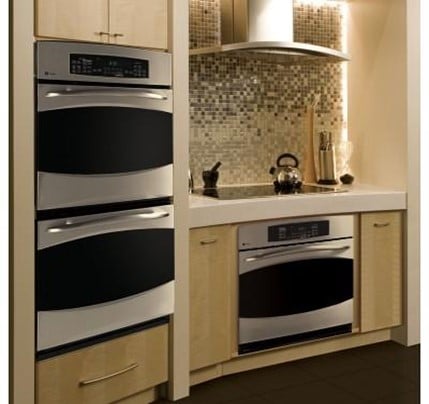
Now that you know the different types of chimneys available in the market, here is what else you need to consider while buying a chimney for your kitchen-
- High Suction Power – Chimneys come in many shapes and sizes. While the aesthetic appeal is important to the interior design, you must not compromise on the functionality. Chimneys with high suction power are crucial to busy kitchens. If this power is not strong enough, smoke particles will inevitably escape to other parts of the house. To ensure that a chimney is effective, buying one with a high suction power is important.
- Chimneys With Regulators – Kitchens do not produce the same amount of smoke or oil particles all the time. This production largely depends on the nature of cooking. Therefore, you must consider buying a chimney whose power can be regulated as per your cooking requirements. The chimney should be able to suck in all kinds of particles, irrespective of the magnitude.
- Servicing and Cleaning – Buy a model that is easy to clean. This is crucial because a clogged chimney quickly loses its efficiency. Cleaning a chimney should be an easy, hassle-free process. You must look for a product that does not require cleaning too frequently.
In conclusion, kitchen chimneys are vital to a fresh, comfortable kitchen. If designed thoughtfully, a chimney can significantly improve the aesthetic appeal of your kitchen while also being remarkably useful.

